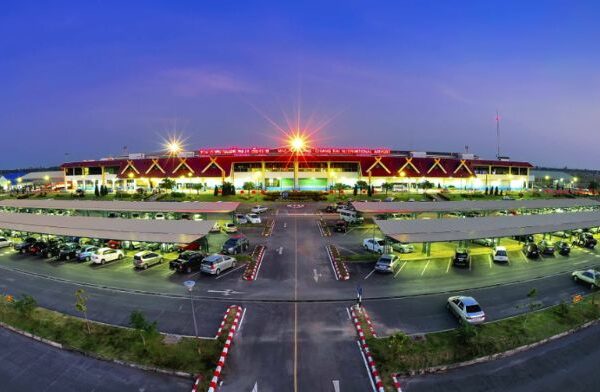ACI Asia-Pacific and ACI EUROPE have called for a comprehensive EU-India aviation agreement that will liberalise traffic rights, boost regulatory alignment and accelerate decarbonisation efforts. According to ACI’s long-term forecast, India is expected to grow by 339% during the period from 2022 to 2041, reaching 1.1bn passengers flying, increasing the demand for EU-India routes.
The pair’s joint request took place at the EU-India Aviation Summit in New Delhi. The summit, organised by the European Commission and the Ministry of Civil Aviation of India, is focused on improving connectivity, promoting environmental sustainability, tackling infrastructure bottlenecks, fostering innovation and addressing regulatory issues.
“Liberal aviation agreements have become a staple of successful economic development strategies,” said Olivier Jankovec, Director General, ACI Europe, “with the connectivity they unleash being key to attract inward investment, achieve economic diversification and support livelihoods.
Jankovec added that ACI Asia-Pacific and ACI Europe both urge the EU and India to move forward with negotiations quickly: “While the benefits would primarily accrue to consumers and communities on both sides, it would also enable closer cooperation and progress in delivering on the industry’s ambitious climate goals.”
The pair also emphasized the need to increase cooperation and regulatory alignment for areas such as the environment, safety and security, facility and competition. In particular, focusing on the fast-track implementation of ICAO’s goal for net zero CO2 emissions; the increase of cooperation for safety, security, facilitation and consumer protection; and enhancing cooperation between India and the EU that reduces red tape in terms of visa issuance.
“The economic and social implications of a stronger cooperation between the EU and India are clear to all, given the strong perspective to growth of these two partners,” said Stefano Baronci, Director General, ACI Asia-Pacific. “Consumers in India would be the first beneficiary of a closer cooperation, with less hurdles and more choices to fly, more competitive prices and improved service more respectful of the environment.”
“All of this is subject to ensuring a strong commitment by both parties to further liberalise traffic rights, simplify the VISA issuance to fly to the Schengen area, introduce a one-stop-security regime to unleash the potentials of Indian airports as international hubs and secure public and private investment for the decarbonisation of the sector,” added Baronci.
Image: New Delhi airport






